Introduction:
Drones have become an integral part of various industries, from photography and videography to agriculture and surveillance. These unmanned aerial vehicles rely on batteries to power their flight and operations. Among the different types of drone batteries available, lithium batteries have gained significant popularity due to their high energy density, lightweight design, and long-lasting performance. In this article, we will explore the role of lithium batteries in drones and discuss the various types of drone batteries available in the market.
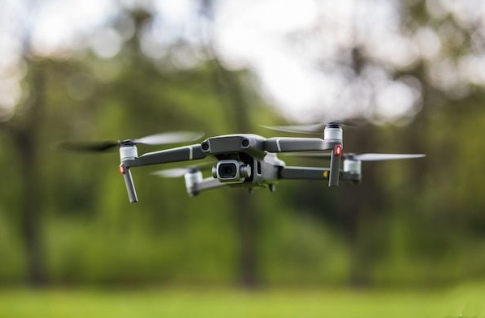
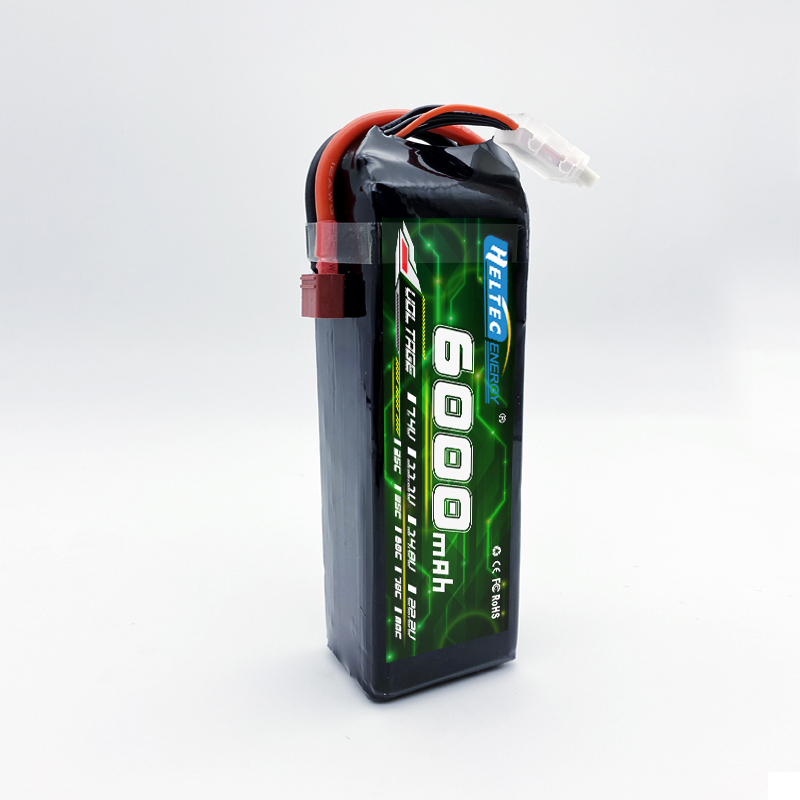
Lithium Batteries and Their Importance in Drones
Lithium batteries have revolutionized the drone industry by offering a combination of high energy density and lightweight construction. These batteries are known for their ability to store a large amount of energy relative to their size and weight, making them ideal for powering drones. The high energy density of lithium batteries allows drones to achieve longer flight times and improved performance compared to other types of batteries.
In addition to their energy storage capabilities, lithium batteries are also known for their ability to deliver consistent power output, which is crucial for maintaining stable flight and powering the various components of a drone, including the motors, cameras, and sensors. The reliability and efficiency of lithium batteries make them a preferred choice for drone operators who require consistent performance and longer flight durations.
Types of Drone Batteries
1. Nickel Cadmium (Ni-Cd) Batteries
Nickel-cadmium batteries are known for their ability to store a large amount of energy relative to their size and weight. This made them a popular choice for powering drones in the past, as their compact nature allowed for longer flight times without adding excessive weight to the aircraft. However,One notable issue is the Nickel-cadmium batteries "memory effect," a phenomenon where the battery gradually loses its ability to retain a full charge. This can lead to reduced performance and overall lifespan of the battery, impacting the drone's operational capabilities. Furthermore, the disposal of nickel-cadmium batteries presents environmental concerns due to the presence of toxic cadmium.
2. Lithium Polymer (LiPo) Batteries
Lithium Polymer (LiPo) batteries are one of the most commonly used types of batteries in drones. These batteries are known for their high discharge rates, which make them suitable for powering the high-performance motors and electronic components of drones. LiPo batteries are lightweight and can be manufactured in various shapes and sizes, allowing for flexibility in drone design and configuration. However, it is important to handle and charge LiPo batteries with care to prevent damage or safety hazards.
3. Lithium-Ion (Li-ion) Batteries
Lithium-Ion (Li-ion) batteries are another popular choice for drone applications. These batteries are known for their energy efficiency and long cycle life, making them suitable for drones that require extended flight times and consistent performance. Li-ion batteries are also known for their stability and safety features, which are essential for ensuring the safe operation of drones. While Li-ion batteries may have a slightly lower discharge rate compared to LiPo batteries, they offer a balance of energy density and safety, making them a reliable choice for various drone applications.
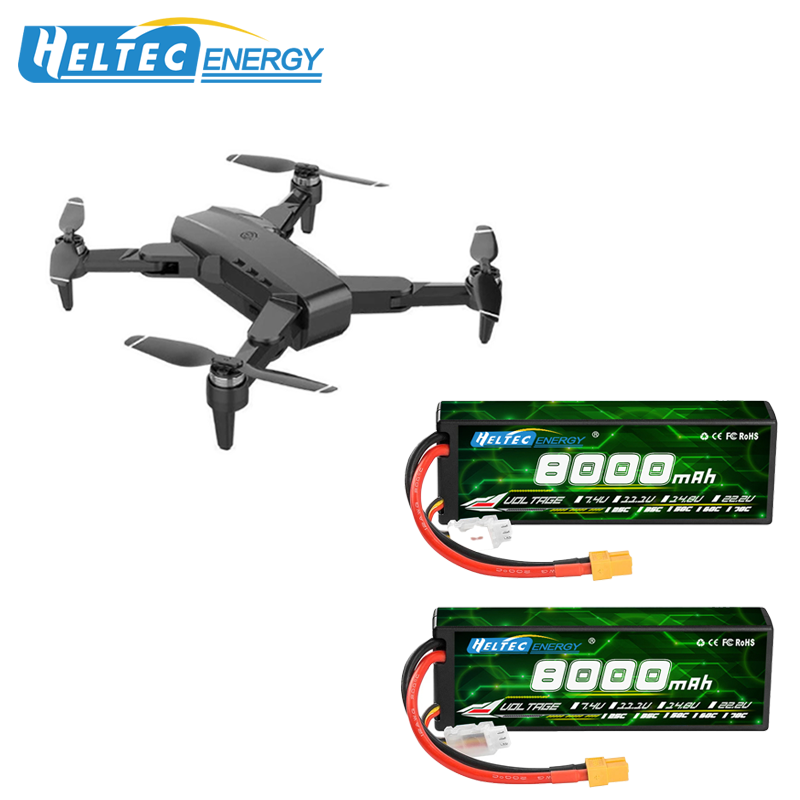
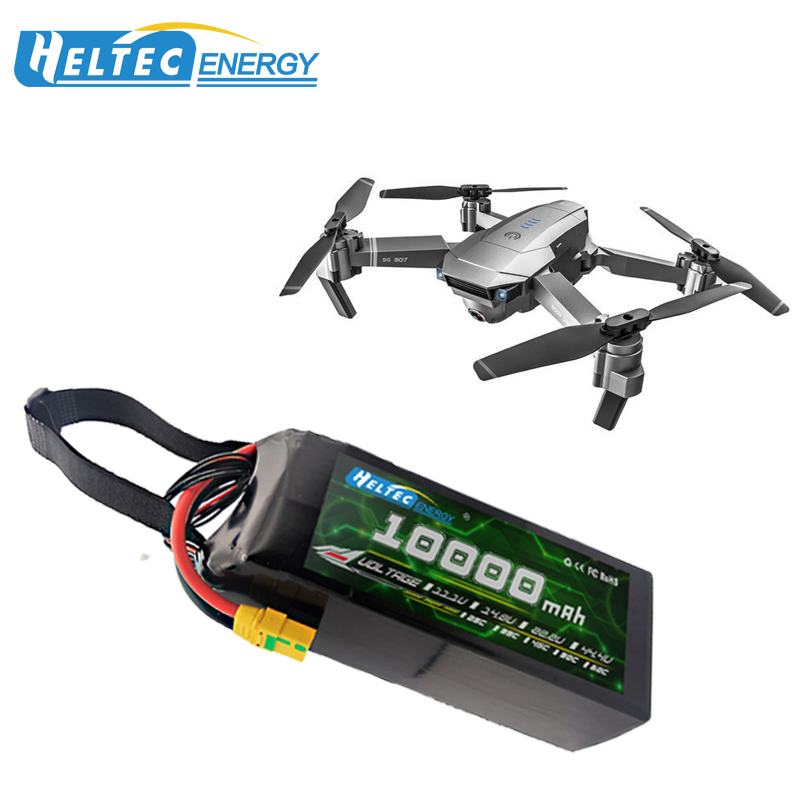
Heltec Drone Lithium Batteies
Heltec Energy’s drone lithium batteries are designed using advanced lithium-ion technology with high energy density and superior power output. The battery’s lightweight and compact design is ideal for drones, providing the perfect balance between power and weight for enhanced flight capabilities.
Heltec drone lithium battery is equipped with an intelligent management system, including overcharge, over-discharge, and short-circuit protection to ensure safe and reliable operation. Our lithium batteries have high energy capacity and low self-discharge rates to extend flight time and reduce downtime, maximizing the efficiency and productivity of drone missions.
Our lithium batteries are ruggedly constructed to meet the demands of aerial operations, including rapid acceleration, high altitudes and changing environmental conditions. Its durable casing ensures protection from shock and vibration, making it ideal for use in challenging and dynamic flight scenarios. Experience the difference with our lithium drone batteries and take your aerial operations to new heights. Our drone lithium batteries have a variety of models for you to choose from, and of course they can also be customized to meet the needs of a variety of drones. If you are interested, please contact us.
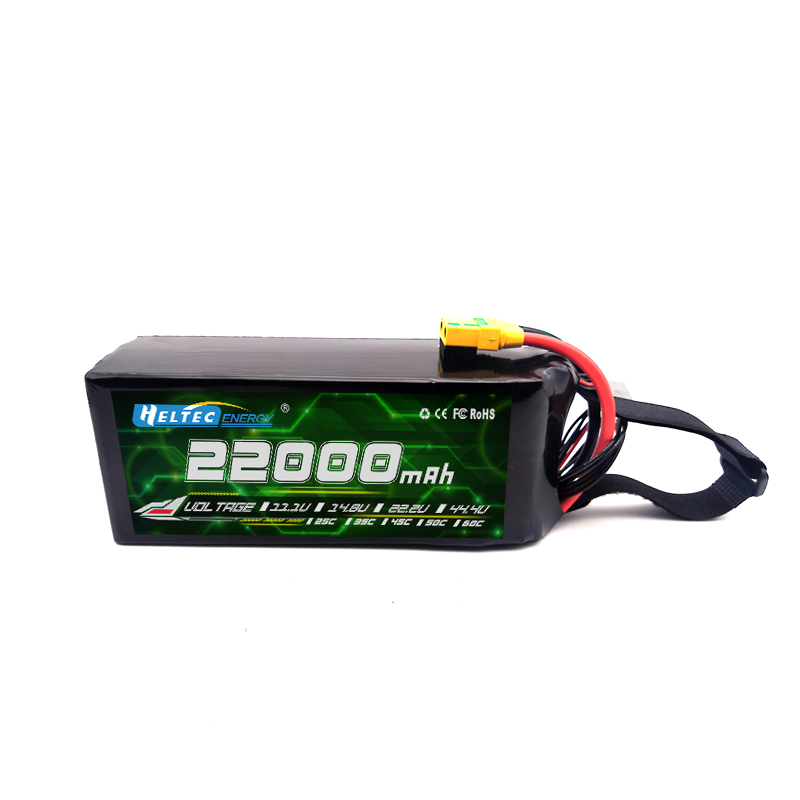
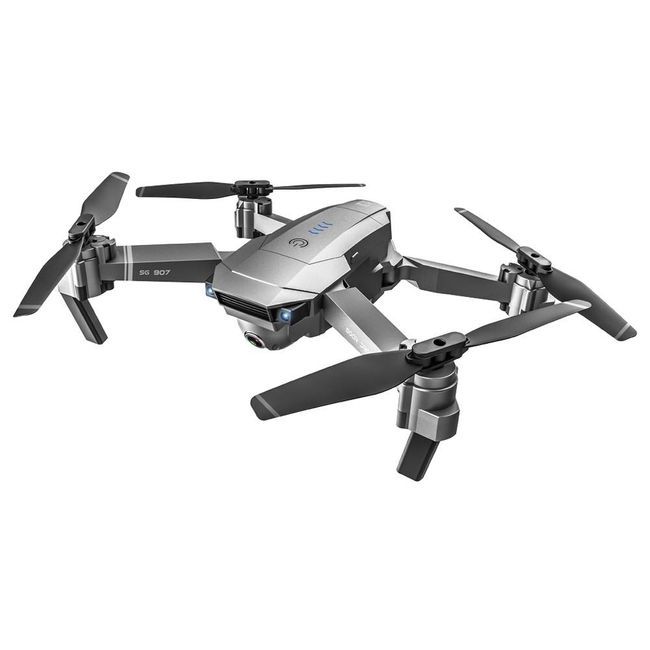
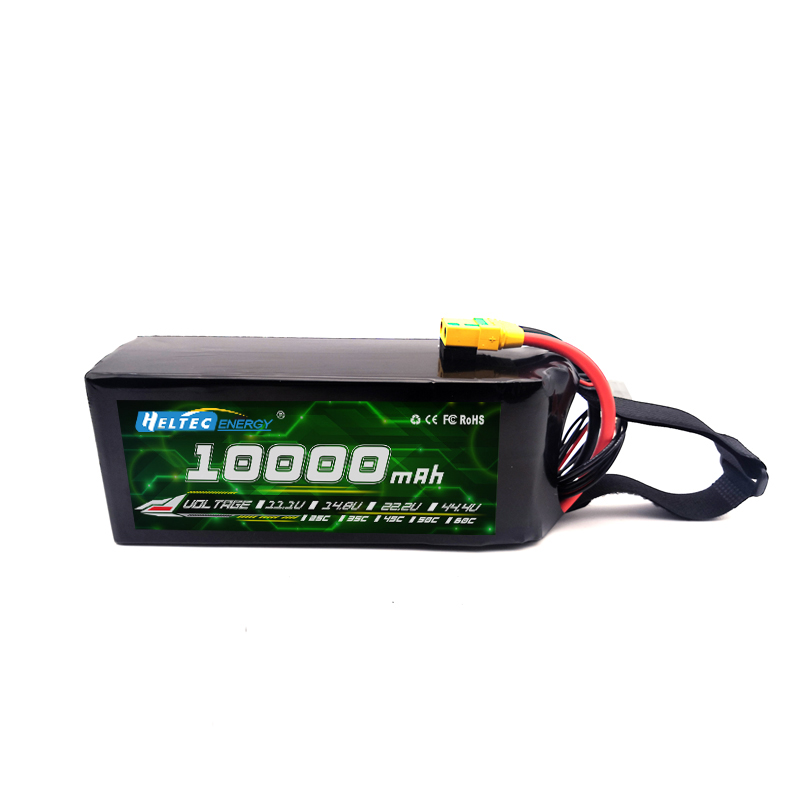
Conclusion
Lithium batteries play a crucial role in powering drones, offering high energy density, lightweight design, and reliable performance. The various types of lithium batteries, including LiPo, Li-ion, LiFePO4, and solid-state batteries, cater to different drone applications and operational requirements. By understanding the characteristics and considerations associated with each type of drone battery, operators can make informed decisions when selecting the right battery for their drones, ultimately enhancing performance, safety, and efficiency in aerial operations.
If you have any questions or would like to learn more, please don't hesitate to reach out to us.
Request for Quotation:
Jacqueline: jacqueline@heltec-energy.com / +86 185 8375 6538
Sucre: sucre@heltec-bms.com / +86 136 8844 2313
Nancy: nancy@heltec-energy.com / +86 184 8223 7713
Post time: Aug-14-2024
